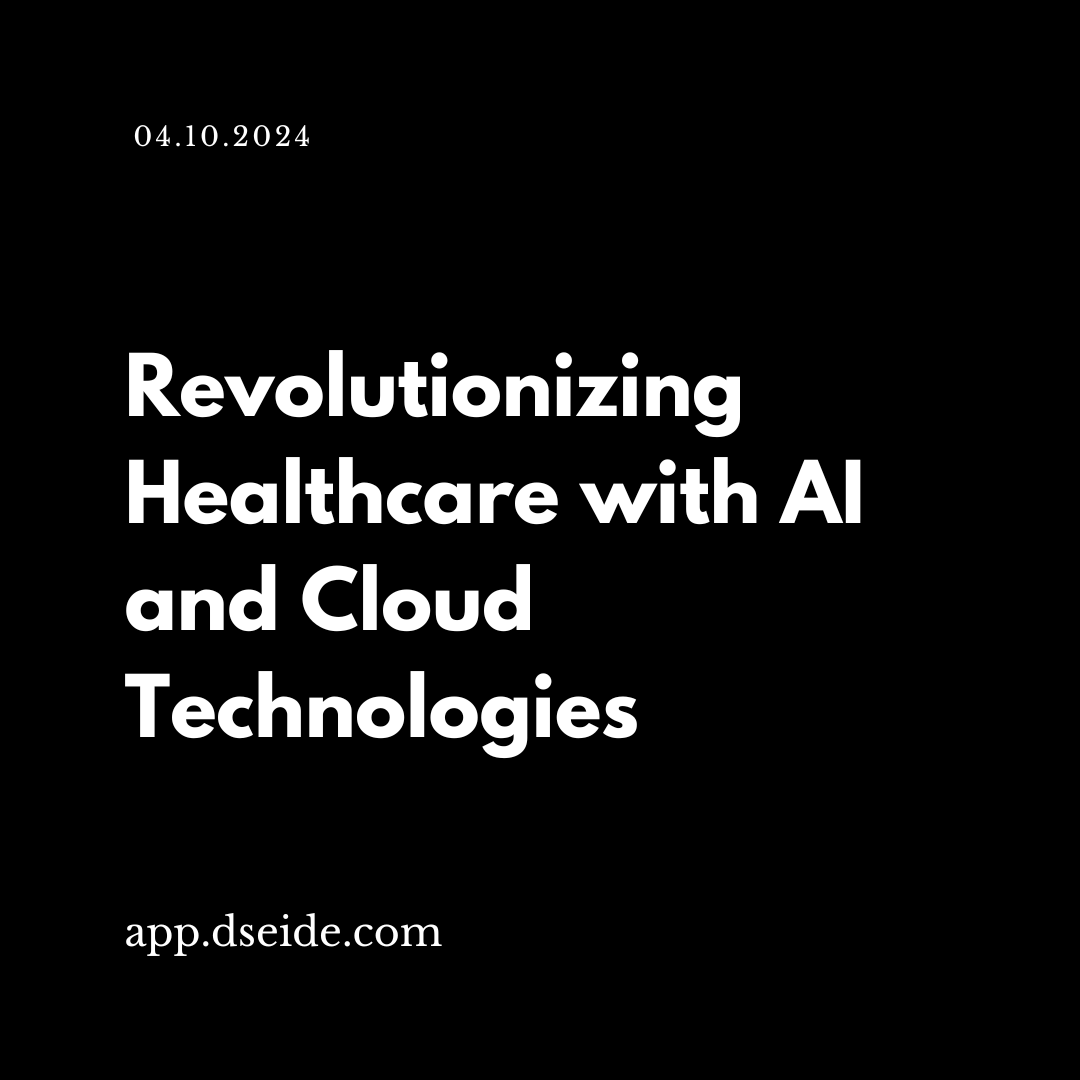India's healthcare sector is rapidly growing, driven by AI and cloud computing advancements. These technologies enhance healthcare delivery, operational efficiency, and patient care, shaping a progressive digital health landscape.
In an era where technology intertwines seamlessly with daily operations, the healthcare sector stands out as a prime beneficiary of this digital revolution. With India's healthcare market burgeoning at a rapid pace, the infusion of advanced technologies such as AI and cloud computing is not just an option but a necessity to cater to the growing demands and complexities of modern healthcare.
Shailesh Singla, Senior Director of Applications at Oracle, sheds light on how these technologies are not only enhancing the operational efficiencies of healthcare providers but also revolutionizing patient care through personalized, data-driven approaches.
The Indian healthcare sector accounts for about $372 billion and is growing at a compounded annual growth rate (CAGR) of 22%. Globally, the size of the sector is $10 trillion. It is benefiting from the increasing adoption of digital technology making healthcare more accessible, secure, reliable, usable and enhancing decision-making and patient care. There’s growing interest in utilising data to improve healthcare processes, with data sharing leading to better insights, enabling disease spread tracking. The pandemic has accelerated this trend, and it is expected to continue, with healthcare organisations increasingly seeking support from technology companies like us.
With consolidated patient data, digital health solutions empower healthcare providers to support patients, improve operational performance and offer personalised and proactive care. By analysing vast amounts of patient data, these solutions can predict health trends and records, identify potential risks, and recommend tailored treatment plans. Structured data transforms healthcare delivery from a fragmented system to a seamless experience that results in improved results. With a holistic view of a patient's condition, including medical history, allergies, and current medications, providers can make quicker diagnosis, eliminate redundant tests, and facilitate smoother care transitions. This approach not only improves efficiency but also reduces costs and minimises patient frustration, ultimately leading to better healthcare outcomes.
Source: PCQuest
#healthcarestartup #dseide #startup #healthcareAI
In an era where technology intertwines seamlessly with daily operations, the healthcare sector stands out as a prime beneficiary of this digital revolution. With India's healthcare market burgeoning at a rapid pace, the infusion of advanced technologies such as AI and cloud computing is not just an option but a necessity to cater to the growing demands and complexities of modern healthcare.
Shailesh Singla, Senior Director of Applications at Oracle, sheds light on how these technologies are not only enhancing the operational efficiencies of healthcare providers but also revolutionizing patient care through personalized, data-driven approaches.
The Indian healthcare sector accounts for about $372 billion and is growing at a compounded annual growth rate (CAGR) of 22%. Globally, the size of the sector is $10 trillion. It is benefiting from the increasing adoption of digital technology making healthcare more accessible, secure, reliable, usable and enhancing decision-making and patient care. There’s growing interest in utilising data to improve healthcare processes, with data sharing leading to better insights, enabling disease spread tracking. The pandemic has accelerated this trend, and it is expected to continue, with healthcare organisations increasingly seeking support from technology companies like us.
With consolidated patient data, digital health solutions empower healthcare providers to support patients, improve operational performance and offer personalised and proactive care. By analysing vast amounts of patient data, these solutions can predict health trends and records, identify potential risks, and recommend tailored treatment plans. Structured data transforms healthcare delivery from a fragmented system to a seamless experience that results in improved results. With a holistic view of a patient's condition, including medical history, allergies, and current medications, providers can make quicker diagnosis, eliminate redundant tests, and facilitate smoother care transitions. This approach not only improves efficiency but also reduces costs and minimises patient frustration, ultimately leading to better healthcare outcomes.
Source: PCQuest
#healthcarestartup #dseide #startup #healthcareAI
India's healthcare sector is rapidly growing, driven by AI and cloud computing advancements. These technologies enhance healthcare delivery, operational efficiency, and patient care, shaping a progressive digital health landscape.
In an era where technology intertwines seamlessly with daily operations, the healthcare sector stands out as a prime beneficiary of this digital revolution. With India's healthcare market burgeoning at a rapid pace, the infusion of advanced technologies such as AI and cloud computing is not just an option but a necessity to cater to the growing demands and complexities of modern healthcare.
Shailesh Singla, Senior Director of Applications at Oracle, sheds light on how these technologies are not only enhancing the operational efficiencies of healthcare providers but also revolutionizing patient care through personalized, data-driven approaches.
The Indian healthcare sector accounts for about $372 billion and is growing at a compounded annual growth rate (CAGR) of 22%. Globally, the size of the sector is $10 trillion. It is benefiting from the increasing adoption of digital technology making healthcare more accessible, secure, reliable, usable and enhancing decision-making and patient care. There’s growing interest in utilising data to improve healthcare processes, with data sharing leading to better insights, enabling disease spread tracking. The pandemic has accelerated this trend, and it is expected to continue, with healthcare organisations increasingly seeking support from technology companies like us.
With consolidated patient data, digital health solutions empower healthcare providers to support patients, improve operational performance and offer personalised and proactive care. By analysing vast amounts of patient data, these solutions can predict health trends and records, identify potential risks, and recommend tailored treatment plans. Structured data transforms healthcare delivery from a fragmented system to a seamless experience that results in improved results. With a holistic view of a patient's condition, including medical history, allergies, and current medications, providers can make quicker diagnosis, eliminate redundant tests, and facilitate smoother care transitions. This approach not only improves efficiency but also reduces costs and minimises patient frustration, ultimately leading to better healthcare outcomes.
Source: PCQuest
#healthcarestartup #dseide #startup #healthcareAI






